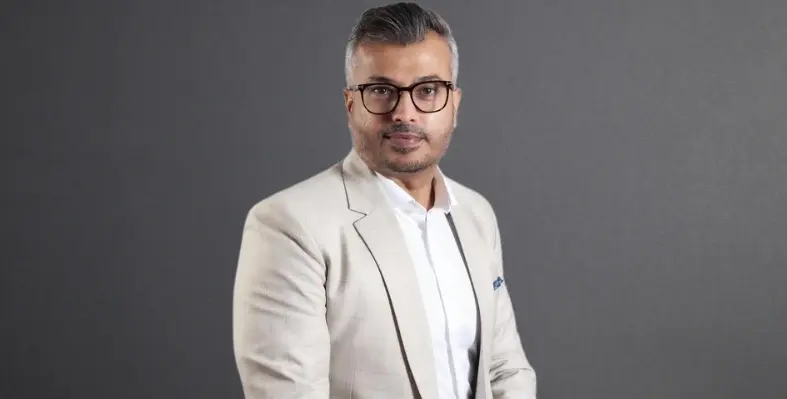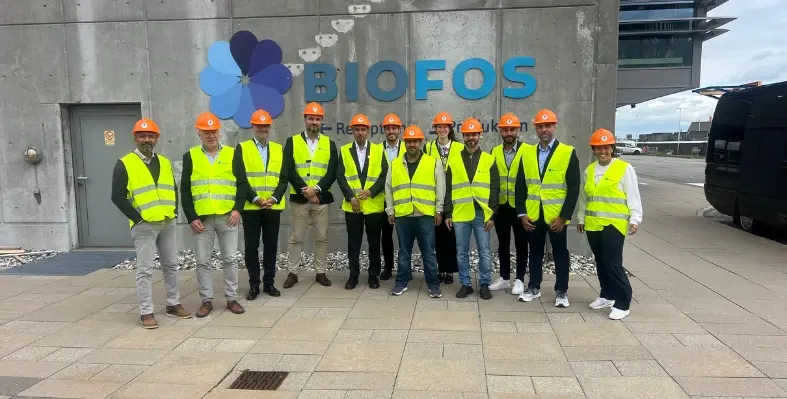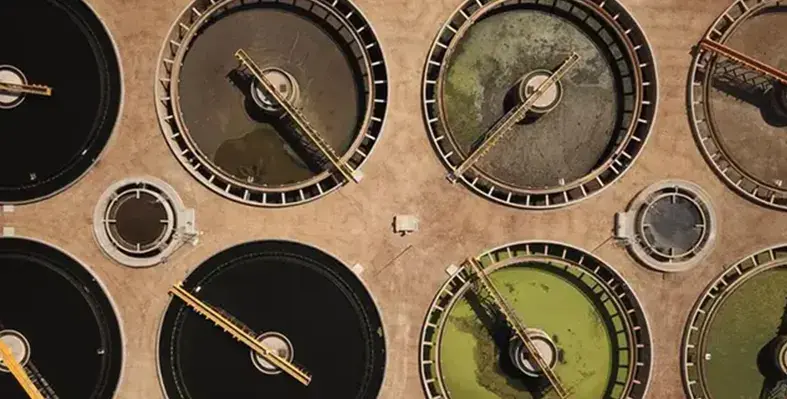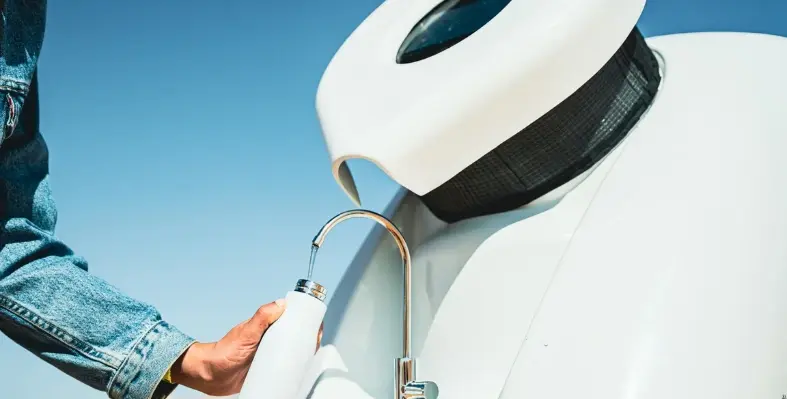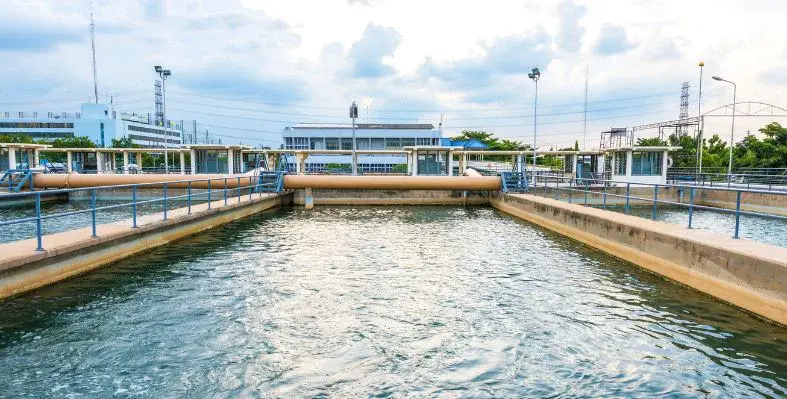
AI empowers stakeholders to make faster, data-driven decisions
In an interview with Bentley Systems, the company's sales director Slavco Velickov explained the role of AI in water management. Read on:
What role does AI play in water management solutions?
Slavco Velickov: In arid regions like the Middle East, where water is a critical resource, AI empowers stakeholders to make faster, data-driven decisions that ensure reliability, reduce waste, and support long-term sustainability goals. Bentley Systems has focused on software for infrastructure engineering and operations for more than four decades.
Our approach to AI has been one of continuously embedding advanced intelligence within our water infrastructure solutions. We've been using algorithms to power complex simulations, analyses, and design optimisations for many years. AI represents the next wave of these capabilities, making our tools more intuitive and powerful. It's important to clarify that we see AI as an enabler for our digital twin solutions.
This is crucial because, globally, we're facing a significant challenge: demand for resilient infrastructure is surging, but there aren't enough engineers to manage the overwhelming amount of data generated. AI helps offset those tedious tasks, allowing engineers to focus on higher added-value activities and get better control of their data. We are investing in its potential across various areas, from asset operations to even using generative AI in the design phase, like in our OpenSite+ application.
Why should utility/power companies use AI-based solutions?
Slavco Velickov: Firstly, and perhaps most critically in many regions, is the reduction of non-revenue water, or water losses.
This remains a hot topic globally. Instead of having to build new infrastructure or production facilities, reducing losses in the existing network is a far more sustainable approach and a key driver for adopting technologies like AI for precise leak detection, including geolocation and optimal pressure management. Secondly, there's the significant challenge of productivity and due to the wave of retiring workforce in the sector.
Utilities hold decades of operational knowledge within their experienced personnel. AI-powered digital twins can capture this invaluable tacit knowledge: from understanding complex operational rules to predicting network behaviour, essentially augmenting the capabilities of the remaining and incoming workforce to manage increasing data volumes and systems complexity.
Implementing AI solutions can lead to substantial cost reductions over time. By minimising water losses and optimising operational processes, utilities can lower their operational expenses.
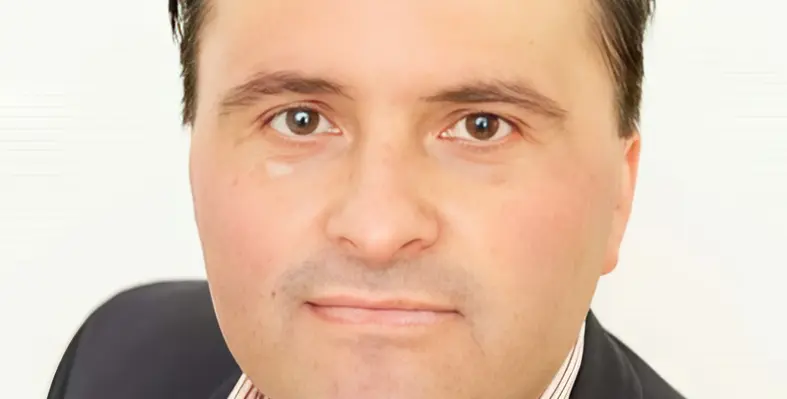
Slavco Velickov, sales director, Bentley Systems
What are the best ways to use AI in water sector?
Slavco Velickov: The most impactful AI use cases in the water sector today are focused on improving operational efficiency and system resilience.
Key areas include demand forecasting, which is crucial for optimising supply (treatment) and demand; predictive maintenance for critical assets, allowing utilities to anticipate failures before they happen; event detection and leakage detection and localisation, enabling rapid response to reduce water loss and service disruptions; and pumping optimisation and energy efficiency where AI can analyse complex system dynamics to minimise energy consumption representing significant operational costs.
What's powerful is that AI can provide valuable predictive insights in these areas even in situations where a full, calibrated simulation model such as Bentley OpenFlows might not be available, working directly with sensor and historical data to identify trends and predict potential issues.
Share with us an example of successful city water management.
Slavco Velickov: Bentley software is also used to manage water networks in the Middle East, including in Sharjah, to prevent water losses which exacerbate the effects of drought in dry arid climates.
Sharjah Electricity and Water Authority (SEWA) used Bentley’s OpenFlows Water software to help actively manage its water network, model water supply patterns, plan maintenance, ultimately reducing water leakage in the 3,400 km urban water distribution network.
This initiative was part of an AED 1.25 million programme led by SEWA, which aimed to identify leaks and high pressure in ageing areas of the network.
Additionally, Bentley software has been used by The Federal Electricity & Water Authority (FEWA) in Ras Al Khaimah on their AED 24.75 million project which sought to build a new water transmission and distribution network, providing potable water service to more than 20,000 people living in the six villages of Wadi Shaam.
The network had to cross difficult terrain. Using Bentley advanced technology allowed FEWA to analyse the data and optimise the models, given the physical constraints. FEWA completed the design one month in advance, reduced pipe lengths by 20%, and saved AED 500,000.
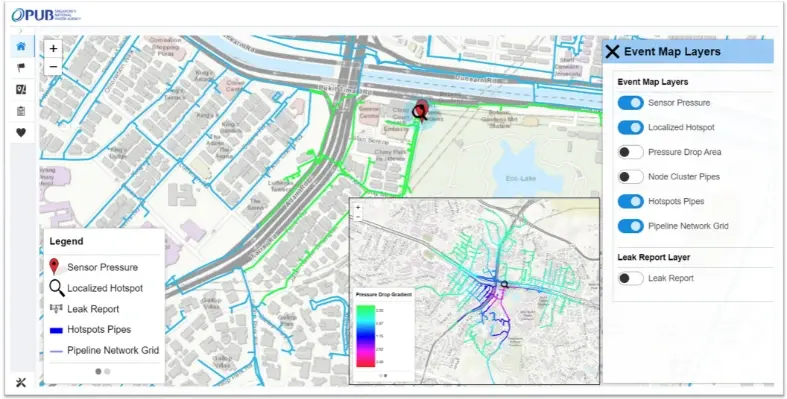
Leveraging iTwin and OpenFlows with AI and machine learning, PUB developed their high-fidelity digital twin for leak detection. (Image source: PUB, Singapore’s National Water Agency)
How important is it to have transparent data and AI solutions that can benefit software engineering applications in the long run?
Slavco Velickov: We operate under three key principles for Generative AI: Control—users retain full control over their data and decide if, when, and how it's used, exclusively for their benefit. Contribute—users can choose to contribute anonymised data for collective AI model training if they wish, but it's their choice. Trust—we are transparent about how we create our AI models and how we source the data used to train them.
Our iTwin platform is designed to be open and interoperable, enabling users to bring together data from various sources without being locked in.
That ensures connecting people and data. Our open data ecosystem approach is crucial for transparency and ensuring the user has full visibility and control. We also invest heavily in cybersecurity to safeguard that data, recognising that the integrity of the digital infrastructure is as important as the physical.
For example, in our AI-powered digital twin applications, anomaly detection models are paired with visualisation and contextual data so that users can understand why an alert was triggered and how it was derived from the data.
